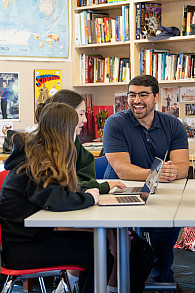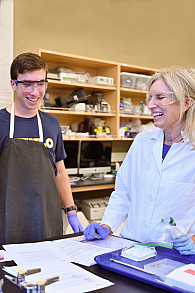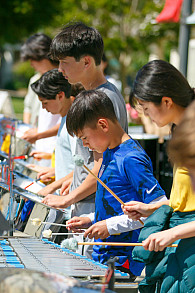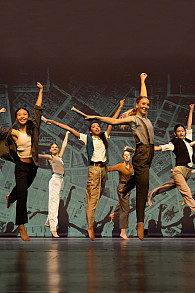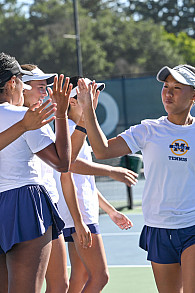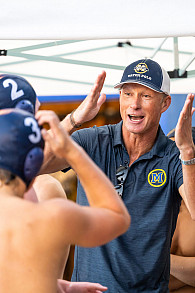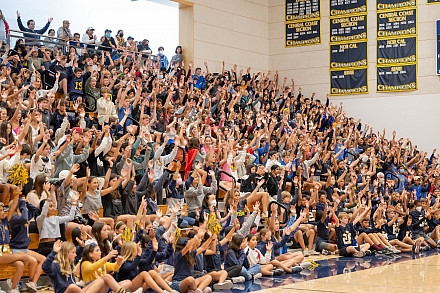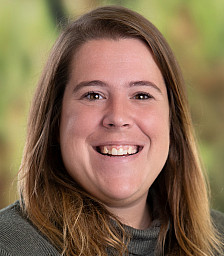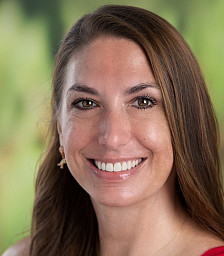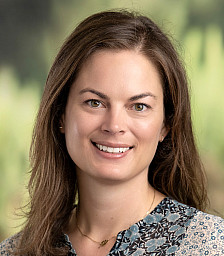- Arts
- Academics
-
Athletics
- Athletics Overview
-
Upper School Teams
- Baseball - Varsity
- Baseball - Junior Varsity
- Basketball - Boys Varsity
- Basketball - Boys Junior Varsity
- Basketball - Boys Freshman
- Basketball - Girls Varsity
- Basketball - Girls Junior Varsity
- Cross Country
- Flag Football - Girls
- Football - Varsity
- Football - Junior Varsity
- Golf - Girls Varsity
- Golf - Boys Varsity
- Golf - Boys Junior Varsity
- Lacrosse - Boys Varsity
- Lacrosse - Boys Junior Varsity
- Lacrosse - Girls Varsity
- Lacrosse - Girls Junior Varsity
- Soccer - Boys’ Varsity
- Soccer - Boys’ Junior Varsity
- Soccer - Girls Varsity
- Soccer - Girls Junior Varsity
- Swimming
- Tennis - Varsity Boys
- Tennis - Boys Junior Varsity
- Tennis - Girls Varsity
- Tennis - Girls Junior Varsity
- Track & Field
- Volleyball - Varsity
- Volleyball - Junior Varsity
- Volleyball - Freshman
- Water Polo - Boys Varsity
- Water Polo - Boys Junior Varsity
- Water Polo - Girls Varsity
- Water Polo - Girls Junior Varsity
-
Middle School Teams
- Baseball - Middle School
- Basketball - Boys Middle School
- Basketball - Girls Middle School
- Cross Country - Middle School
- Flag Football - Middle School
- Lacrosse - Boys Middle School
- Lacrosse - Girls Middle School
- Soccer - Boys Middle School
- Soccer - Girls Middle School
- Swimming - Middle School
- Tennis - Middle School
- Track - Middle School
- Volleyball - Middle School
- Athletics Philosophy & Values
- Athletics Resources
- Camps & Clinics
- Alumni Athletes
- New to Menlo Athletics?
- Student Life
- Support Menlo
- Admissions
- Calendar
- Resources
MENLO SCHOOL • SINCE 1915
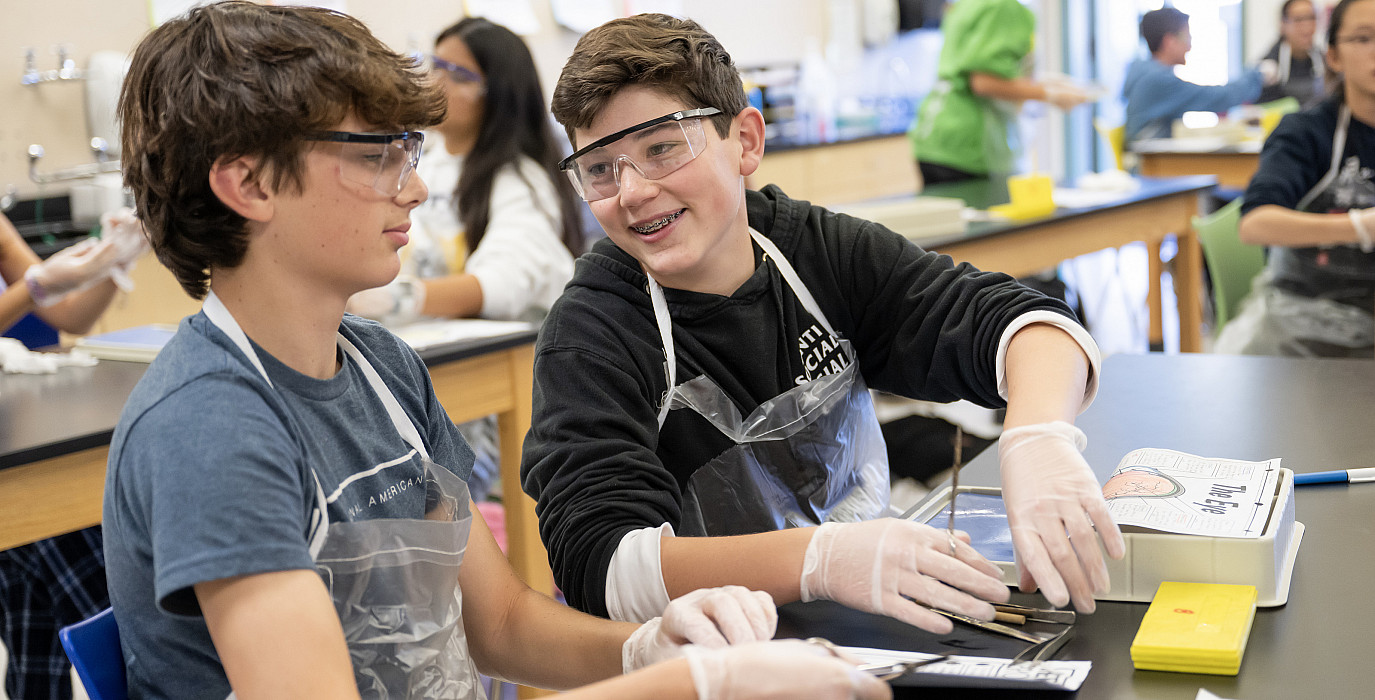
Academics
Middle School Science
Video: Science at Menlo
Science is a Verb!
Middle School Science is active. Students question, test, dissect, theorize, build, analyze, fiddle, debate, investigate, engineer, discover, and interpret.
Through the study of the physical, biological, chemical, and engineering worlds, they practice thinking and communicating as scientists. This leads them to see themselves as scientists who belong to the world and have the skills that allow them to play a crucial role in the greater global community. As they become aware of the scientific issues of the day, they learn how each of us is intimately connected to the world around us in profound ways and that every choice we make leaves an impact.
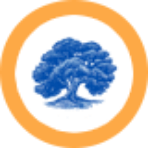 MENLO SCHOOL Since 1915
MENLO SCHOOL Since 1915